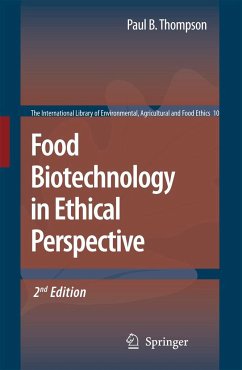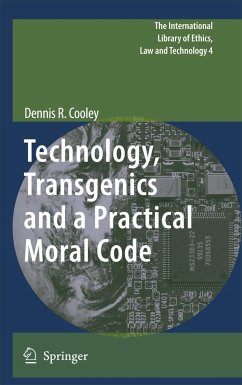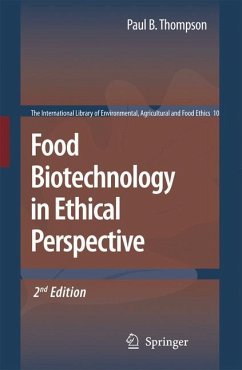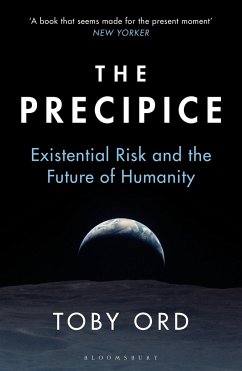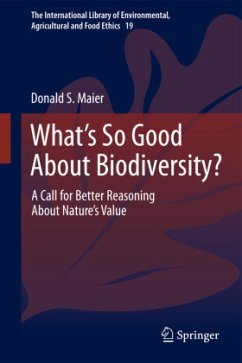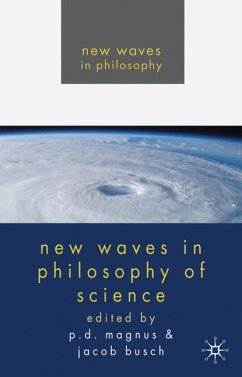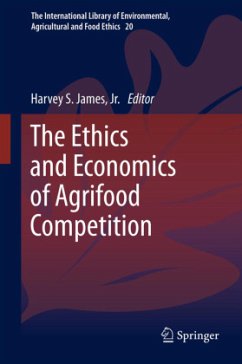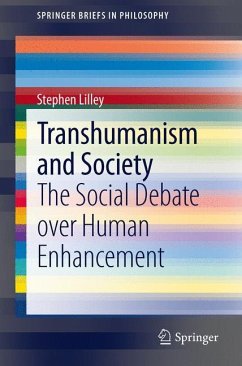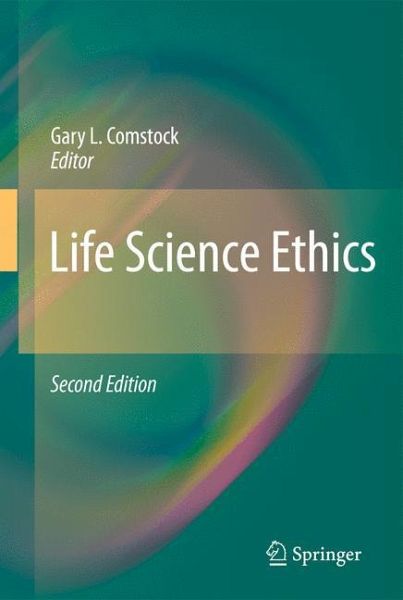
Life Science Ethics

PAYBACK Punkte
33 °P sammeln!
Does nature have intrinsic value? Should we be doing more to save wilderness and ocean ecosystems? What are our duties to future generations of humans? Do animals have rights? This revised edition of "Life Science Ethics" introduces these questions using narrative case studies on genetically modified foods, use of animals in research, nanotechnology, and global climate change, and then explores them in detail using essays written by nationally-recognized experts in the ethics field.Part I introduces ethics, the relationship of religion to ethics, how we assess ethical arguments, and a method e...
Does nature have intrinsic value? Should we be doing more to save wilderness and ocean ecosystems? What are our duties to future generations of humans? Do animals have rights? This revised edition of "Life Science Ethics" introduces these questions using narrative case studies on genetically modified foods, use of animals in research, nanotechnology, and global climate change, and then explores them in detail using essays written by nationally-recognized experts in the ethics field.
Part I introduces ethics, the relationship of religion to ethics, how we assess ethical arguments, and a method ethicists use to reason about ethical theories. Part II demonstrates the relevance of ethical reasoning to the environment, land, farms, food, biotechnology, genetically modified foods, animals in agriculture and research, climate change, and nanotechnology. Part III presents case studies for the topics found in Part II.
Part I introduces ethics, the relationship of religion to ethics, how we assess ethical arguments, and a method ethicists use to reason about ethical theories. Part II demonstrates the relevance of ethical reasoning to the environment, land, farms, food, biotechnology, genetically modified foods, animals in agriculture and research, climate change, and nanotechnology. Part III presents case studies for the topics found in Part II.





